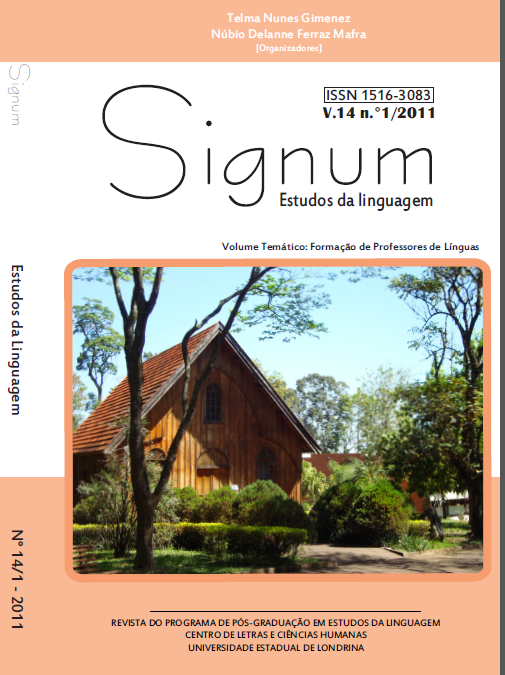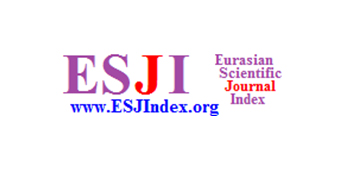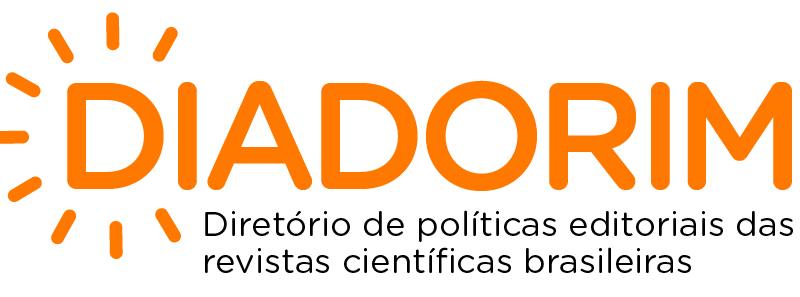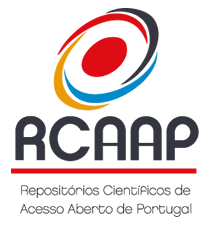Teachers' training of portuguese in Portugal and Brazil
DOI:
https://doi.org/10.5433/2237-4876.2011v14n1p79Keywords:
Curriculum, Teacher training, Teaching of PortugueseAbstract
The initial teachers' training of Portuguese is an important factor in setting their conceptions and practices. In fact, the way teachers measure against the theoretical perspectives available in the field of language education or the discourse State regulator, the options that take in relation to content, pedagogy and assessment, the decisions they take regarding the records way of legitimizing the conduct of his professional practice to articulate, although variable, with the principles, practices and content characteristics of the formation processes that were involved. In this context, the question about the characteristics of teachers training, which has been explicitly set as a variable in the analysis of states of affairs in language education, is an appropriate way to explore what we understand to understand key aspects of the discourses and practices produced contemporaneously in Portuguese teaching. In this paper, the author propose to address, also contrast, the problem of teachers' training of Portuguese in Portugal and Brazil, understood as an arena where they interact is opposing perspectives on the meanings and content of training, is on the mandate school for Portuguese teaching and learning.
Downloads
Downloads
Published
How to Cite
Issue
Section
License
Copyright (c) 2025 Maria Suzett Biembengut Santade

This work is licensed under a Creative Commons Attribution-NonCommercial-NoDerivatives 4.0 International License.
This journal reserves the right to make, in the originals, normative, orthographic and grammatical modifications in order to maintain the standard language and the credibility of the publication. It will respect, however, the authors' style of writing. Modifications, corrections and suggestions of conceptual order will be forwarded to the authors, if necessary. In these cases, the papers, once appropriate, should be submitted to a new appreciation. The final examinations will not be forwarded to the authors. Works published become property of Signum, being its total or partial reprint subject to an explicit authorization of the journal. In all subsequent quotes the original source of publication should be mentioned, in case, in Photographic Discourse. Opinions emitted by the authors are their exclusive responsibility.
















